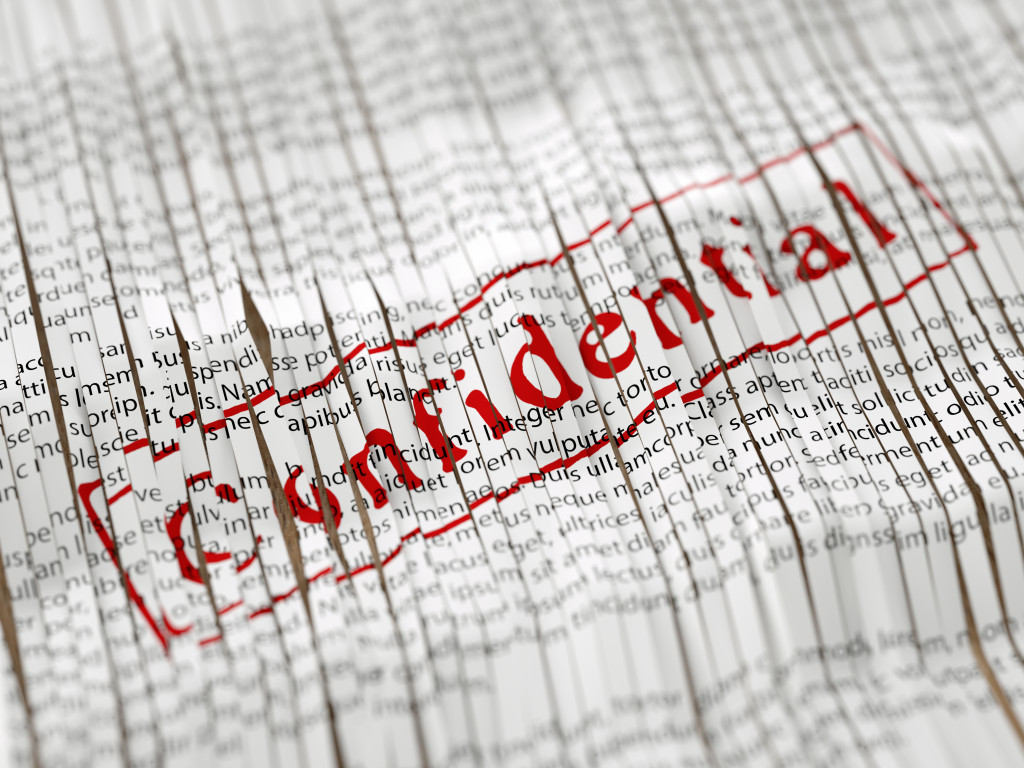- Take all allegations of harassment or discrimination seriously.
- Follow company policy when investigating claims of harassment or discrimination.
- Document all complaints and details of investigations.
- Ensure confidentiality is respected.
- Consider utilizing employment mediation as a tool for addressing workplace harassment allegations.
Workplace harassment can severely affect employee morale, productivity, and retention. As a manager or employer, it is your responsibility to take any allegations of harassment or discrimination seriously and handle them professionally and legally. This guide will provide five tips for dealing with workplace harassment allegations.
1. Take Allegations of Harassment or Discrimination Seriously
When an employee comes forward with allegations of harassment or discrimination, it is essential to take their claims seriously. Listen to their concerns and ensure that they feel heard and supported. You should also assure them that you will investigate their claims thoroughly and take appropriate action to address the situation.
Additionally, it would be best to clarify that retaliation against the complainant is strictly prohibited and will not be tolerated. Taking allegations seriously can help prevent future incidents of harassment and improve the overall workplace culture.
2. Follow Company Policy when Investigating Claims of Harassment or Discrimination

Every company should have a policy in place for handling workplace harassment allegations. It is crucial to follow this policy when investigating claims to ensure that the investigation is conducted fairly and impartially. Follow the proper procedure for documenting complaints, interviewing witnesses, and gathering evidence.
Ensure all parties involved understand the process and are informed of the outcome. This can help prevent legal issues and ensure the investigation is handled professionally.
3. Document All Complaints and Details of Investigations
It is essential to keep a detailed record of all complaints and investigations related to harassment or discrimination. This documentation can be helpful in case of legal action or if similar incidents occur in the future. Documenting all the details of the investigation, including interviews, evidence, and decisions can help demonstrate that the investigation was conducted thoroughly and objectively.
Additionally, keeping detailed records can help identify behavior patterns that may need to be addressed through further training or policy changes.
Here are some tips for documenting complaints and details:
Confidentiality is Key
When documenting complaints and details, it is essential to maintain the confidentiality of all involved parties. This means documents should not contain personally identifiable information (e.g., name, address, phone number) or other sensitive information. Furthermore, ensure that written records are securely stored in a safe and secure location and only shared with individuals necessary for the investigation process.
Record All Necessary Details
Documenting all relevant details about the complaint and investigation is essential to ensure nothing is missed. Ensure to include detailed notes from any interviews conducted and evidence collected during the investigation process. Additionally, it would be best to record decisions made regarding resolution and any steps taken to prevent future occurrences.
Follow Up on Outcomes
It is essential to document any follow-ups taken after a complaint and investigation have been completed. This may include changes in policies and procedures, additional training or education provided, or any other steps taken to address the issue at hand. Make sure to note any actions that have been taken, as well as their outcomes, for further review.
Review and Update Records Periodically
Reviewing records periodically and updating them if necessary is essential to ensure that all complaints and associated details are documented accurately. Additionally, ensure that investigations are conducted promptly, so information is not outdated or forgotten.
4. Ensure Confidentiality Is Respected

Confidentiality is crucial when dealing with workplace harassment allegations. It is essential to keep all information related to the investigation private and to only share it with those who need to know. This can help protect the complainant from retaliation or harassment.
It is also important to remind all employees involved in the investigation to keep the matter confidential. Violating confidentiality can lead to legal consequences and damage the workplace culture.
5. Consider Utilizing Employment Mediation
You may want to consider using mediation employment law as a way to resolve workplace harassment allegations without having to resort to litigation. In this situation, a neutral third party is brought in to facilitate a discussion between the parties involved in the dispute. The goal is to reach a mutually acceptable solution that will benefit everyone involved.
Employment mediation can be less stressful and costly than going to court, as well as helping to preserve relationships and improve workplace morale. Consider utilizing employment mediation law as a tool for addressing workplace harassment allegations.
To Wrap It Up
Dealing with workplace harassment allegations requires a professional and legal approach. By taking allegations seriously, following company policy, documenting complaints and investigations, ensuring confidentiality, and utilizing employment mediation, you can effectively handle harassment allegations and improve workplace culture.



